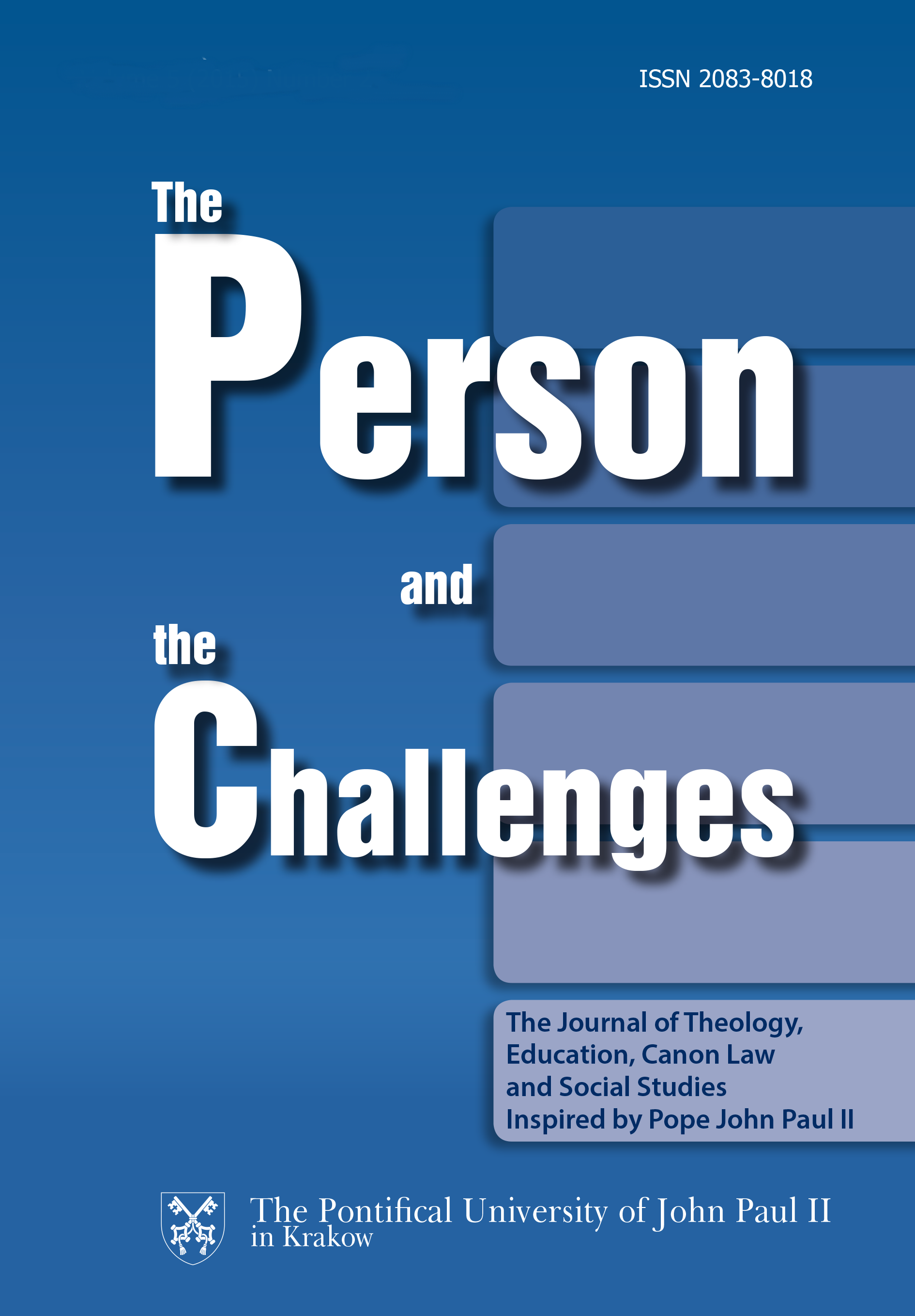The Importance of Family Support in the Process of the Adjustment of Current and Former Prisoners
The Importance of Family Support in the Process of the Adjustment of Current and Former Prisoners
Author(s): Iwona Niewiadomska, Stanisław FelSubject(s): Social Philosophy, Social differentiation, Family and social welfare
Published by: Wydawnictwo Naukowe Uniwersytetu Papieskiego Jana Pawła II w Krakowie
Keywords: Families of prisoners; family support; support for prisoners; support for former prisoners; the adaptation of prisoners
Summary/Abstract: The research presented in this paper seeks answers to two questions: What is the impact of perceived support from different actors (including family members) in a situation where problems are encountered in readapting those who have been punished by incarceration? What is the impact of perceived support from different actors (including family members) in achieving the objectives in readapting those who have been punished by incarceration? The answers to these questions are given on the basis of the results obtained by examining 296 men punished by incarceration, who on account of two criteria (location and level of adaptation), were divided into 4 groups: former prisoners with high levels of adaptation, current prisoners with high levels of adaptation, current prisoners with low levels of adaptation and former prisoners with low levels of adaptation. In the determination of the level of adaptation, in the overall result, the RISB Sentence Completion Test by J. Rotter was used, while the sources of support were studied, using the Social Support Rating Questionnaire by I. Niewiadomska.Based on these results, it may be concluded that perceived family support in overcoming problems and achieving goals – i.e. from the mother, father, siblings, fiancée/wife, relatives – does not contribute to a high level of adaptation, for those who been punished by incarceration, in both current and former prisoners. It is only low-intensely perceived help from one’s siblings and fiancée/wife’s life, which leads to a reduction of the capabilities for adaptation in people who are currently imprisoned.
- Issue Year: 5/2015
- Issue No: 2
- Page Range: 165-179
- Page Count: 15
- Language: English

